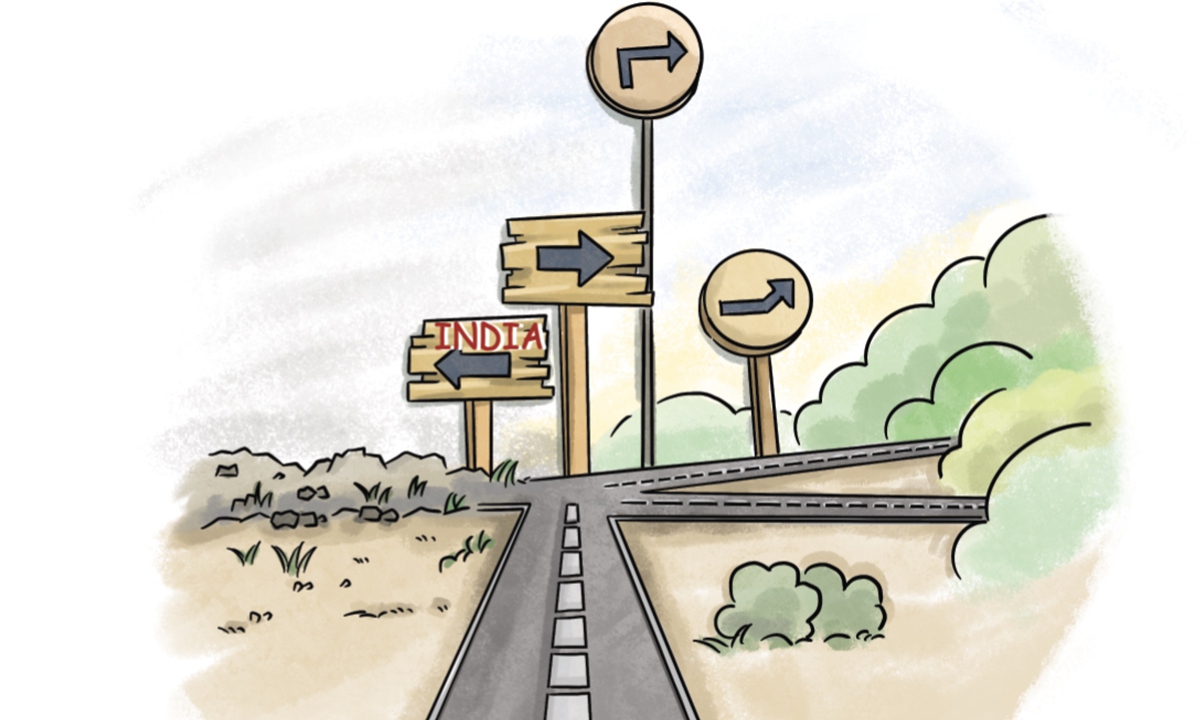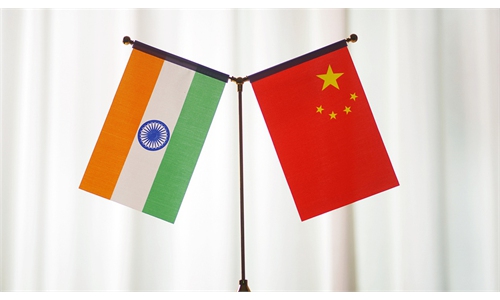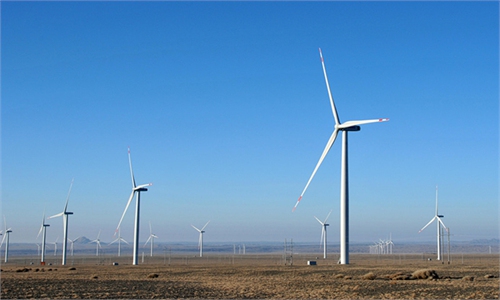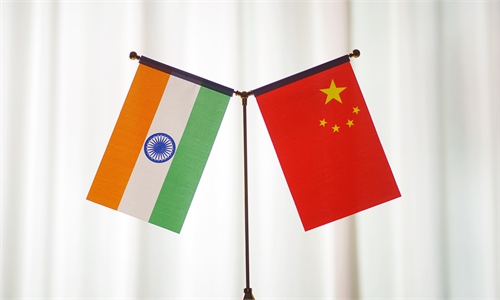
Illustration: Xia Qing/GT
The Indian government is looking into cases of alleged tax evasion by three Chinese mobile companies - Oppo, Vivo India and Xiaomi, the Financial Express reported on Wednesday, citing India's Finance Minister Nirmala Sitharaman.For a long time, India has been tried to ramp up domestic manufacturing through various steps including attracting foreign investment to make itself a global manufacturing hub, but its protectionist policy and approval system have been questionable as conflicting with its manufacturing ambitions. As the country's economic nationalism continues to swell, India has carried out various crackdowns on Chinese investments and companies.
Since April 2020, the Indian government had made its prior approval mandatory for foreign investments from countries that share land border with India. Out of 382 foreign direct investment (FDI) proposals the central government received from Chinese firms, India approved only 80 as on June 29, a report by The Economic Times stated in July. The number presents the increasingly difficult business environment facing Chinese investment and companies doing business in India.
Recently, India has clamped down on a number of Chinese manufacturers. Frequent investigations by the Indian side into Chinese enterprises not only disrupt those companies' normal business activities, but also impedes the improvement of business environment in India and chills the confidence and willingness of market entities, especially Chinese enterprises to invest and operate in India.
For Chinese processing and manufacturing enterprises that originally tried to make India an overseas product-processing center, if it is indeed increasingly difficult and unprofitable to operate in India, then withdrawing from India is also an available option.
China is a latecomer among big powers - including the US - in terms of developing in the Indian market. In 2017, US-based General Motors announced that it would cease production at its Halol manufacturing facility, the Hindustan Times said. Ford Motor also announced in 2021 that it would close two production units because the company had accumulated losses of over $2 billion in the last 10 years, according to media reports.
With the ambition to turn itself into an attractive manufacturing hub globally, India needs to reflect on why those big Western companies choose to withdrawn from India. In fact, judging from past experience, it is difficult to move forward after those foreign enterprises achieved a certain level of development in the Indian market, which is seen by some to encounter some kind of "middle-age crisis."
Some manufacturers have turned their eyes to Southeast Asian countries such as Vietnam after withdrawing from India. Vietnam used to be one of the world's poorest nations, but now it's on its way to becoming a new global manufacturing centre. An important reason behind Vietnam's rapid development is its friendly foreign investment policy. Faced with competition from Vietnam, India should no longer set obstacles for its manufacturing development, and should stop carrying out crackdown on Chinese investment.
Overall, Sino-Indian ties are more complementary than competitive in economics and trade. Despite the COVID-19 pandemic, the China-India trade is on course to cross $100 billion for the second consecutive year as it has gone up to $67.1 billion in the first half of 2022, which reflects the potential and broad prospect of economic and trade cooperation between the two countries.
The picture of relations between China and India, the world's two most populous emerging economies, has always been complicated and uneven, but the essence of their economic cooperation will be always for mutual benefit and win-win results. Hopefully India can provide a fair and non-discriminatory business environment for Chinese investors, which will be mutually beneficial to both Chinese enterprises and India's manufacturing ambitions.
The author is a reporter with the Global Times. bizopinion@globaltimes.com.cn



